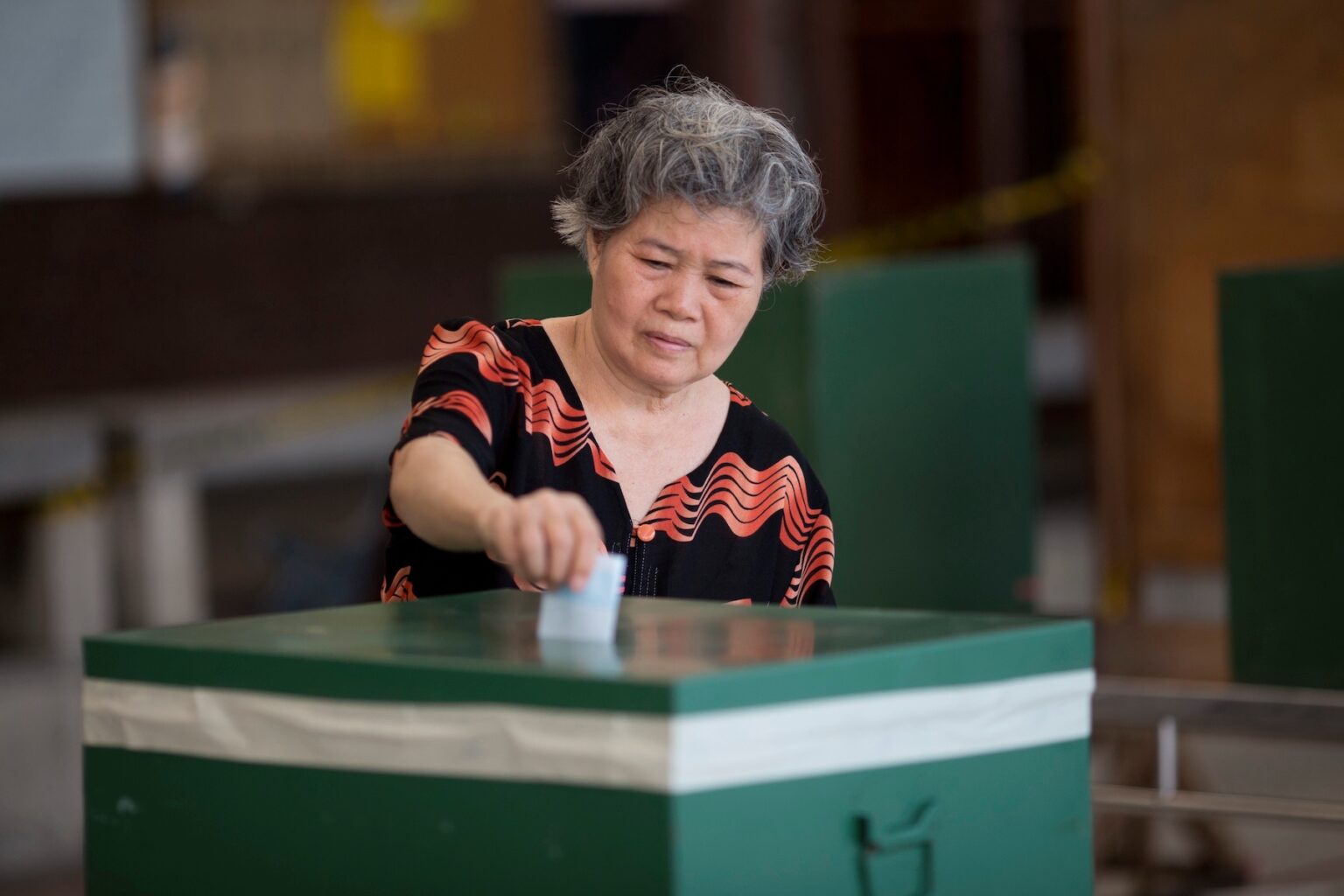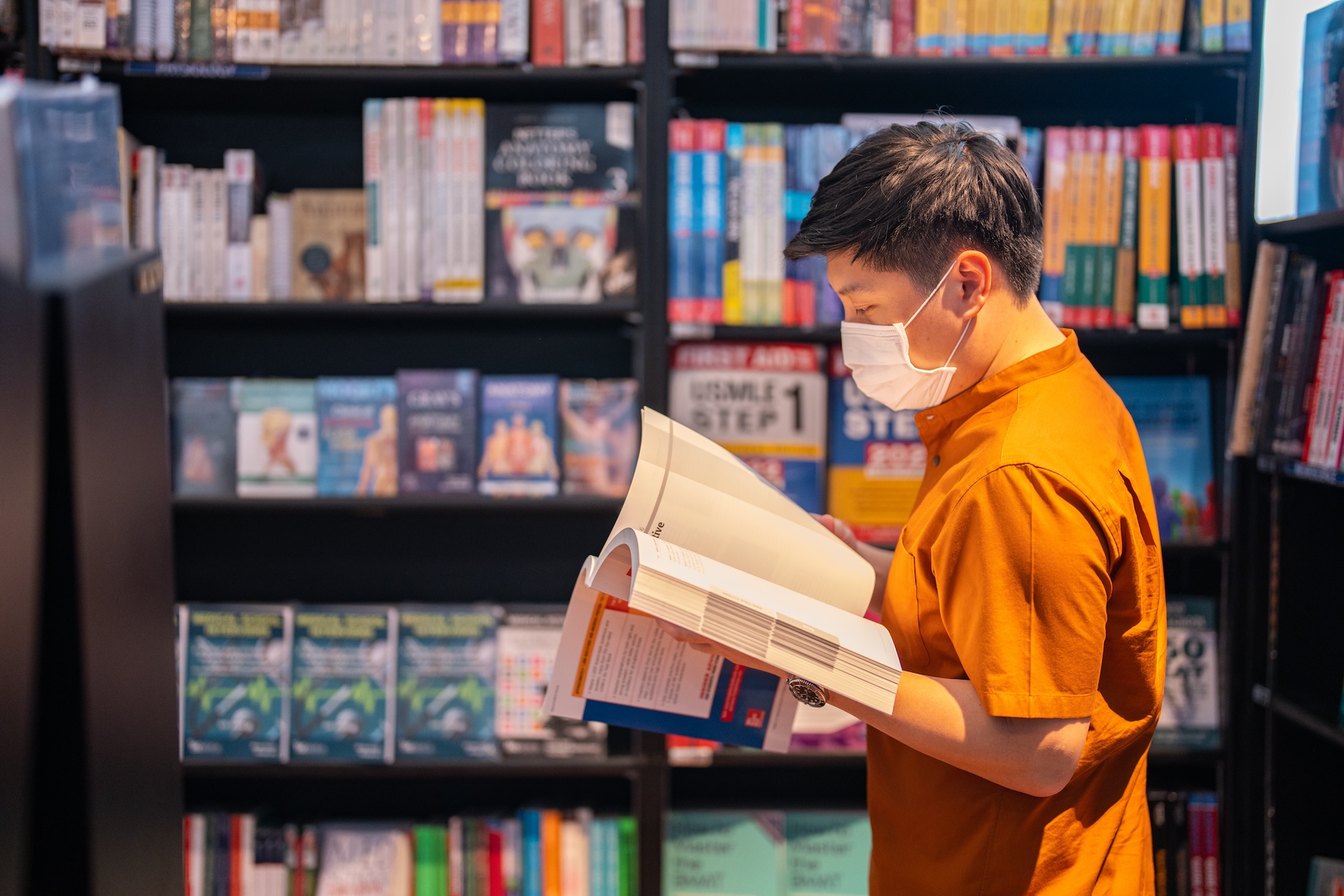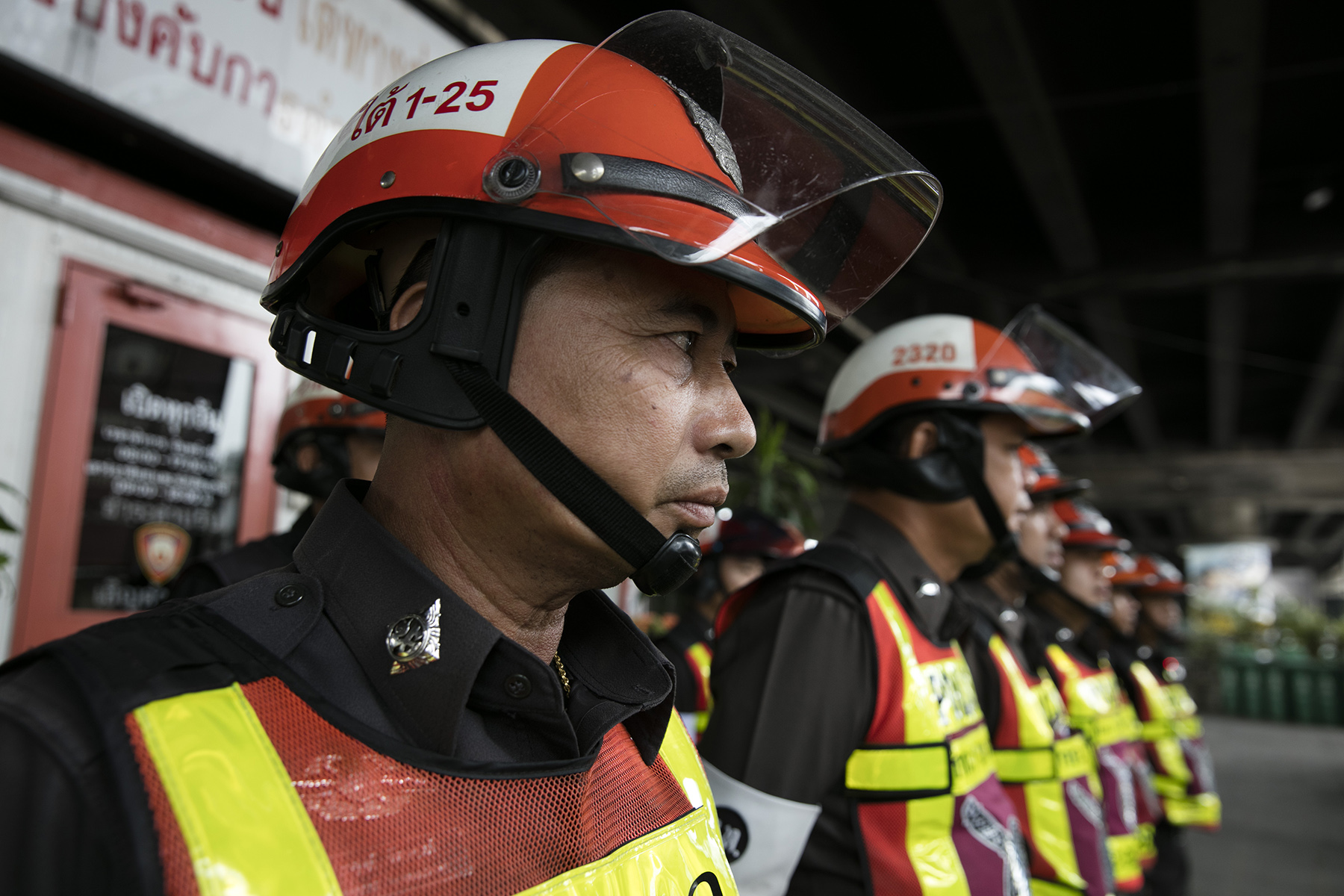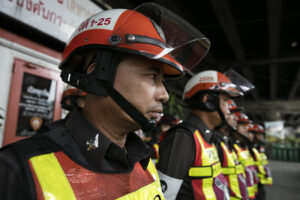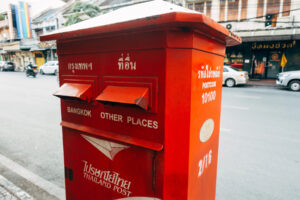Holding a distinctive place in Southeast Asia’s political landscape, Thailand (ประเทศไทย) is a constitutional monarchy with a parliamentary system. Elections are fundamental to Thailand’s political system, allowing citizens to participate in the democratic process.
However, the country has experienced political turmoil, including military coups and protests, which continue to shape its political landscape. So, while Thailand is generally a peaceful country, there is still a highly complex relationship between the government and the people.
Read on for more information on the following topics:
- Thailand’s government and political system
- The Thai Prime Minister: who is currently in power in Thailand?
- The Main political parties in Thailand
- The Thai electoral system
- Voting in Thailand
- Political history of Thailand
- The Thai judiciary system
- Have there been recent political reforms in Thailand?
- Political tensions in Thailand
- The state of the Thai economy
- Grassroots politics and political activism in Thailand
- Useful resources
Ground News
Get every side of the story with Ground News, the biggest source for breaking news around the world. This news aggregator lets you compare reporting on the same stories. Use data-driven media bias ratings to uncover political leanings and get the full picture. Stay informed on stories that matter with Ground News.
Thailand’s government and political system
Thailand is commonly characterized as a constitutional monarchy with democratic features. The King serves as the Head of State, holding a ceremonial role with limited official powers; however, since the 2014 coup, authoritarianism has been creeping into the governance.
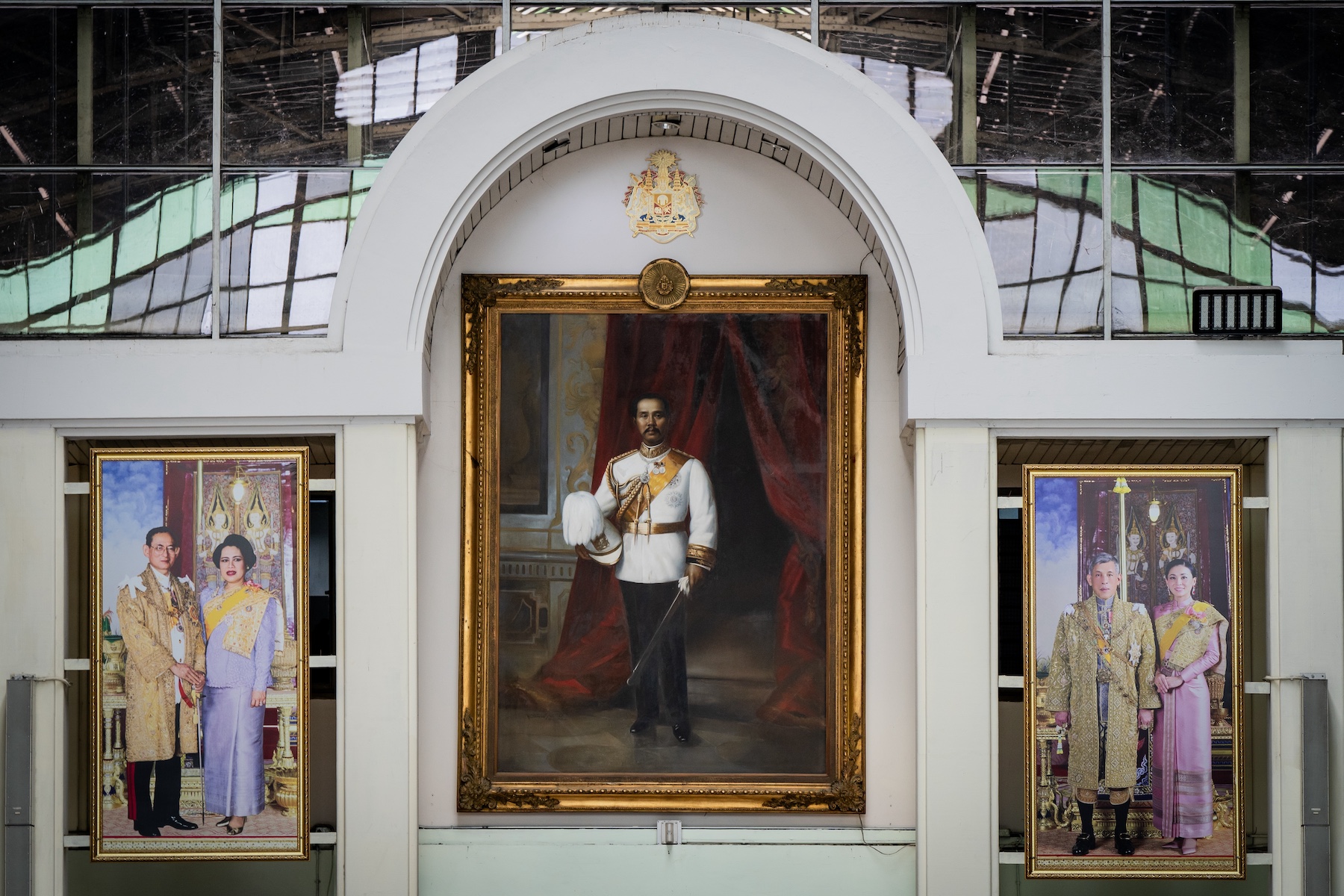
Thailand’s government (รัฐบาล) has three distinct branches: the legislative, executive, and judiciary. The judiciary branch enjoys independence from the other two, ensuring the rule of law.
Thailand’s legislative branch, known as the National Assembly (รัฐสภา), is divided into two chambers:
- The House of Representatives (สภาผู้แทนราษฎร) consists of 500 members, with 350 elected directly from specific geographic constituencies and an additional 150 elected through a party-list proportional representation system.
- The Senate (วุฒิสภา), the other component of the legislative branch, is composed of 250 senators who have been appointed by the military since 2017.
This setup shows that there is a complex relationship between democratic and non-democratic elements within the politics of Thailand.
The Thai Prime Minister: who is currently in power in Thailand?
Paetongtarn Shinawatra currently serves as Thailand’s Prime Minister (นายกรัฐมนตรี), taking office on 18 August 2024 following the dismissal of the previous PM Srettha Thavisin. She belongs to the Pheu Thai Party, which secured the second-highest number of votes in the May 2023 elections.
The May 2023 elections were closely contested, with the Pheu Thai Party winning 141 seats and the Move Forward Party securing 152 seats.
The primary reason the party with the highest vote tally did not assume power relates to the 2017 constitution, which underwent revisions after the 2014 coup. These changes granted the military significant influence in selecting the prime minister by including 250 military-appointed senators. One of the key election pledges of the Move Forward Party was to diminish the military’s authority in the political sphere.
The next election in Thailand is likely to take place in 2027.
The Main political parties in Thailand
The following sections list the main political parties in Thailand in order of the number of seats they won in the 2023 election. Compared to many other countries, political parties in Thailand change quite often, and several of these parties were formed specifically for the 2019 and 2023 elections.
Move Forward Party (พรรคก้าวไกล)
The Move Forward Party was formed in 2020 as the successor to the Future Forward Party, which disbanded following the 2019 elections. Until 2023, they were led by Pita Limjaroenrat and are particularly popular with young voters. Their most controversial platform is amendments to Article 112, the lèse majesté law.
Other policies focus on dismantling monopolies, decentralizing some power from Bangkok (กรุงเทพมหานคร), and limiting the military’s role in politics. Despite being popular with young voters, they also want to look at stricter laws around recreational marijuana use.
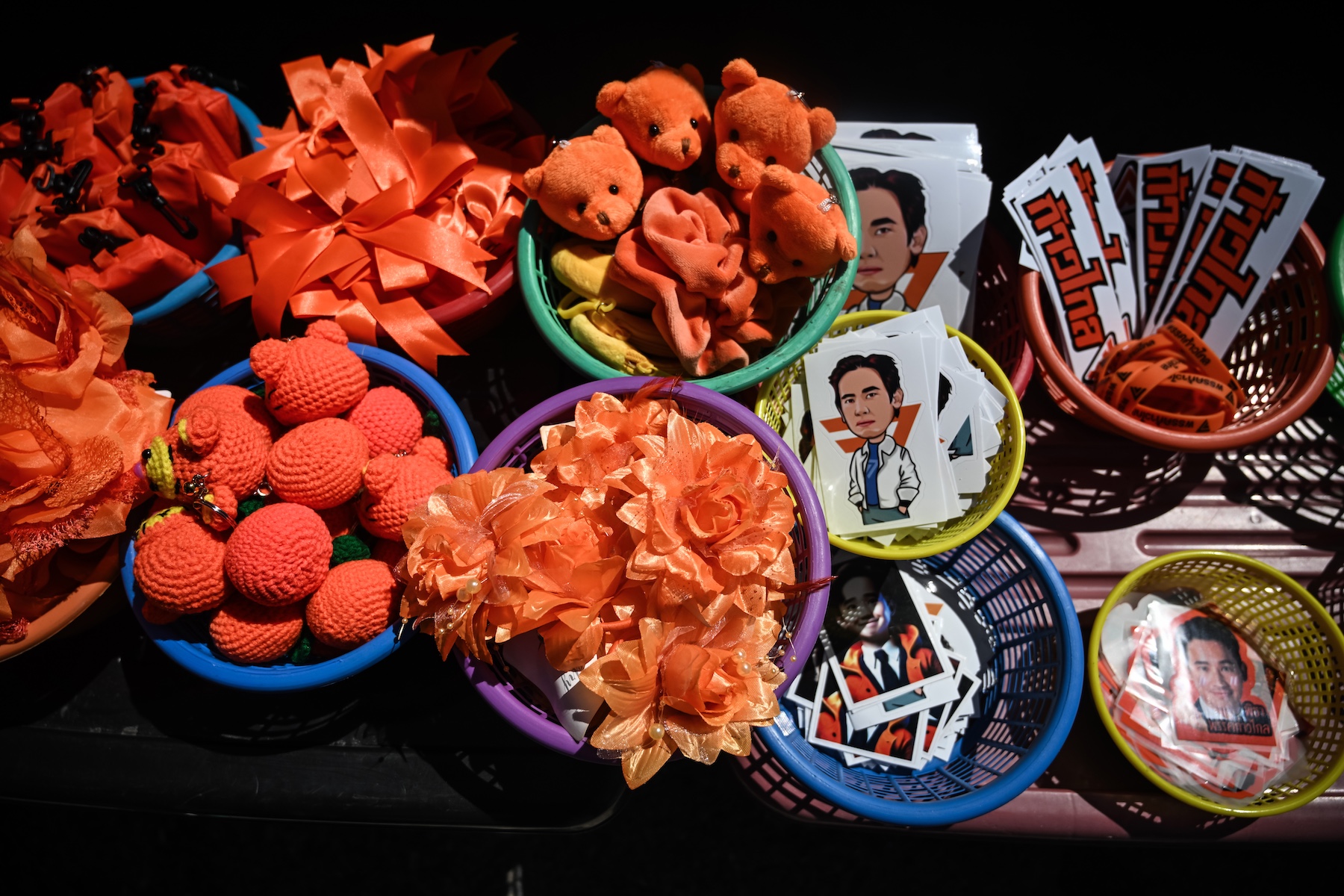
Move Forward won the most seats in the 2023 elections, with 152 seats, but are currently in the opposition after failing to build a successful coalition.
On 7 August 2024, the Constitutional Court dissolved the opposition party, allegedly based on political motivations. The courts did not like the party’s plan to reform the law on royal insults, ruling it was unconstitutional and undermined the government and the head of state.
For Thais Party (พรรคเพื่อไทย)
Business tycoon Thaksin Shinawatra founded Pheu Thai in 2007, replacing his earlier party, Thai Rak Thai, whose corruption allegations led to its dissolution. Shinawatra’s parties have clinched victory in all elections since 2001, and their policies typically find favor among the working class. These policies encompass universal access to affordable healthcare, subsidies for farmers, and loans for rural villages.
At the time of the 2023 election, Thaksin’s daughter, Paethongtarn Shinawatra, held the position of party leader. However, Srettha Thavisin assumed the roles of Pheu Thai leader and Prime Minister. The constitutional court sacked Srettha for gross ethics violations in August 2024, leaving the room open for Shinawatra to assume his position.
Pheu Thai received the second-highest number of seats in the 2023 elections, with 141 seats, and is currently leading Thailand’s government as part of an 11-party coalition.
Proud to be Thai (พรรคภูมิใจไทย)
Bhumjaithai was formed in 2008 and is currently led by Anutin Charnvirakul, a business tycoon who was the health minister during the COVID-19 pandemic. They are most well-known for decriminalizing cannabis, which has mixed support among the population.
Bhumjaithai received the third most seats in the 2023 election, with 70 seats. They are part of the ruling coalition led by Pheu Thai.
People’s State Power Party (พรรคพลังประชารัฐ)
Palang Pracharat was formed in 2018 and led the country after the 2019 election, the first election post-coup. Prayut Chan-ocha previously led this party and has strong ties to the National Council for Peace and Order, which governed the country after the 2014 coup.
The current leader of Palang Pracharat is Prawit Wongsuwan, who was an instrumental member of the military rule from 2014–2019. Palang Pracharat aims for a more populist audience than the other military party, Ruam Thai Sang Chart, supporting the legalization of marijuana and promising handouts to older adults and people experiencing poverty in the 2023 election.
Palang Pracharat is part of the 2023 ruling coalition, led by Pheu Thai, after winning 40 seats in the election.
United Thai Nation Party (พรรครวมไทยสร้างชาติ)
This new party was formed in 2023 by the previous Prime minister, Prayut Chan-o-cha, to participate in the 2023 elections. Its target audience is the conservative, urban middle class, and this party is a strong proponent of protecting the monarchy. However, in the 2023 election, they also tried to obtain broader public appeal with handouts for older people and reduced electricity bills.
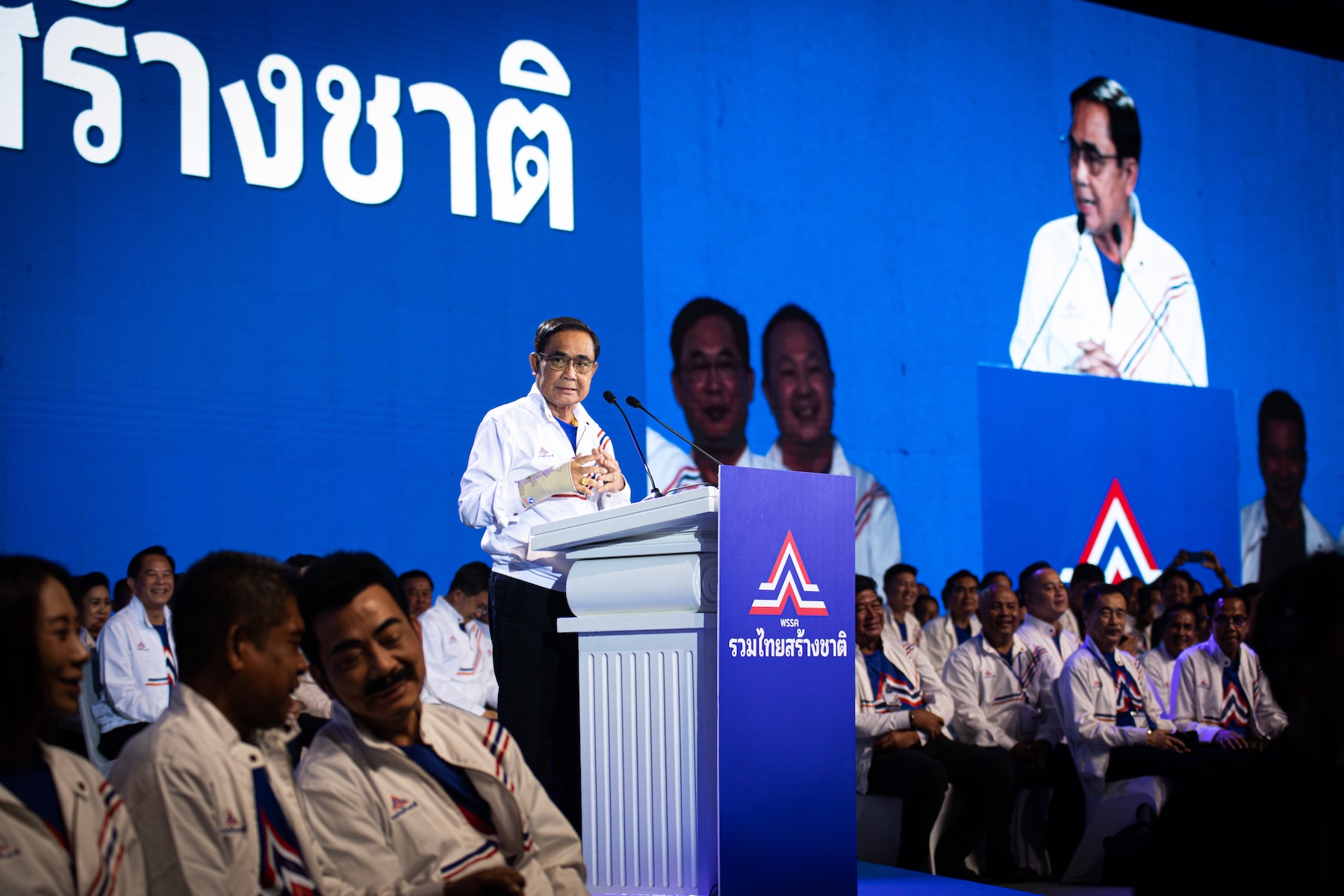
They are part of the 2023 ruling coalition, led by Pheu Thai, after winning 36 seats in the election.
The Democrat Party
The Democrat Party is the oldest party in Thailand and was founded in 1946. They were previously one of the major parties, although they have never won an outright majority in a general election. They are led by Jurin Laksanawisit and are known for being staunchly royalist, appealing to the middle classes, and being pro-business.
Indicative of their declining support, the Democrat party won 25 seats in the 2023 election.
The Thai electoral system
Thailand has been a democracy since 1932 and was ruled by absolute monarchs before that. However, there have been breaks in democracy since 1932 because of the 12 military coups that have taken place since then. Elections (การเลือกตั้ง) are supposed to occur every four years, and there have been 28 general elections since 1933.
The fact that Thai citizens have the right to vote does not necessarily mean democratic freedom. According to the Freedom House Freedom in the World 2023 report, Thailand only scores 30/100 overall and 6/40 for political rights. This report notes a severe lack of fairness in elections and impartiality in the laws that regulate them.
In addition to general elections every four years, Thailand has local government elections every four years. This includes electing the following offices:
- The Governor of Bangkok
- Bangkok Metropolitan Council
- Provincial councils
- City councillors and mayor
- Town councillors and mayor
- Subdistrict councillors and mayor
Voting in Thailand
To vote (เลือกตั้ง) in Thailand, you must be 18 or older on the day of the election. You must also be registered as a resident at your district or local administrative offices at least 90 days before the election.
You should receive a letter stating your voting status or check online using your ID card number (หมายเลขบัตรประจำตัวประชาชน). If you still need to register or want to check your voter status, you must go to your district or local administrative office and speak with registration officials there.
Generally, all Thai citizens with an ID card are automatically registered to vote in their home province. Therefore, someone born in one province but living and working in another may have to go home to cast their vote.
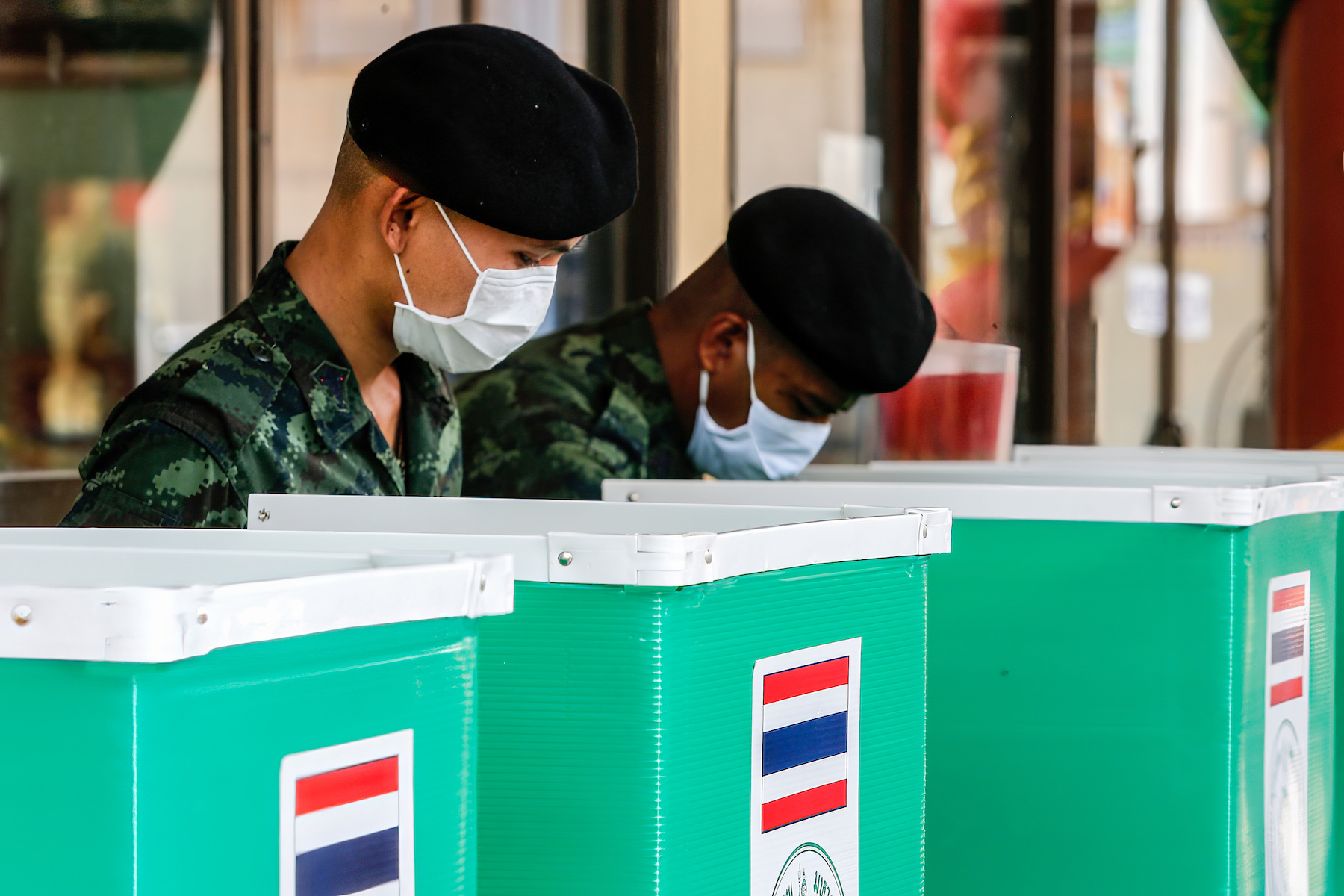
Because many people live away from their place of registration, there are various options to vote:
- Early voting is generally held one week before the main election day
- Advanced voting by mail is available for Thai citizens living abroad
- Regular voting takes place on election day at official polling places
Polling places are usually public buildings like schools and temples, or in larger cities, in shopping malls. One thing for some people to note is that Thailand bans alcohol sales on both early voting day and election day. These bans are generally from 18:00 the day before voting until 18:00 on election day.
Some groups may be ineligible to vote in Thailand, including:
- Monks and novice monks
- People diagnosed with mental disorders
- Those with felony convictions or the currently incarcerated
- Anyone whose right of suffrage (right to vote) has been revoked
Can foreigners vote in Thai elections?
The country’s national elections are restricted to Thai citizens, with foreigners only being allowed to vote if they have held Thai citizenship for at least five years.
Furthermore, foreign citizens cannot legally participate in election campaign promotions or political activities. Thailand also has very stringent defamation laws, which means that posting or publicly discussing the affairs of a third party can get you into trouble.
Local and regional elections may be different, though. Many of these allow internationals to vote, depending on the office or referendum.
Please note that regulations can change, and it’s advisable to check with local authorities or relevant government agencies for the most up-to-date information regarding voting eligibility for foreigners in Thailand.
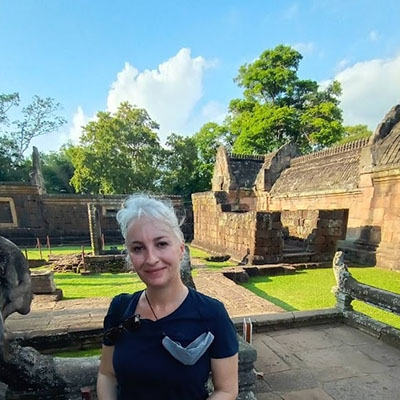
Jane Evans
Local expert
The political situation in Thailand is a highly divisive topic that has broken up families and friendships in recent years. Therefore, while it is acceptable for international residents – viewed as foreigners – to take an interest in current affairs, they must take great care if discussing or getting involved in Thai politics.
Political history of Thailand
Thailand’s political landscape has seen significant transformations over the years. Before 1932, it was ruled as an absolute monarchy. However, in that year, a shift toward democracy occurred through a peaceful coup, setting the stage for the introduction of a democratic parliamentary system. This event marked the beginning of Thailand’s democratic journey.
Constitutions play a vital role in Thailand’s democracy, but they have undergone numerous amendments and rewrites since the country’s first constitution in 1933. Despite the commitment to democracy, Thailand’s political history is full of coups and major protests.
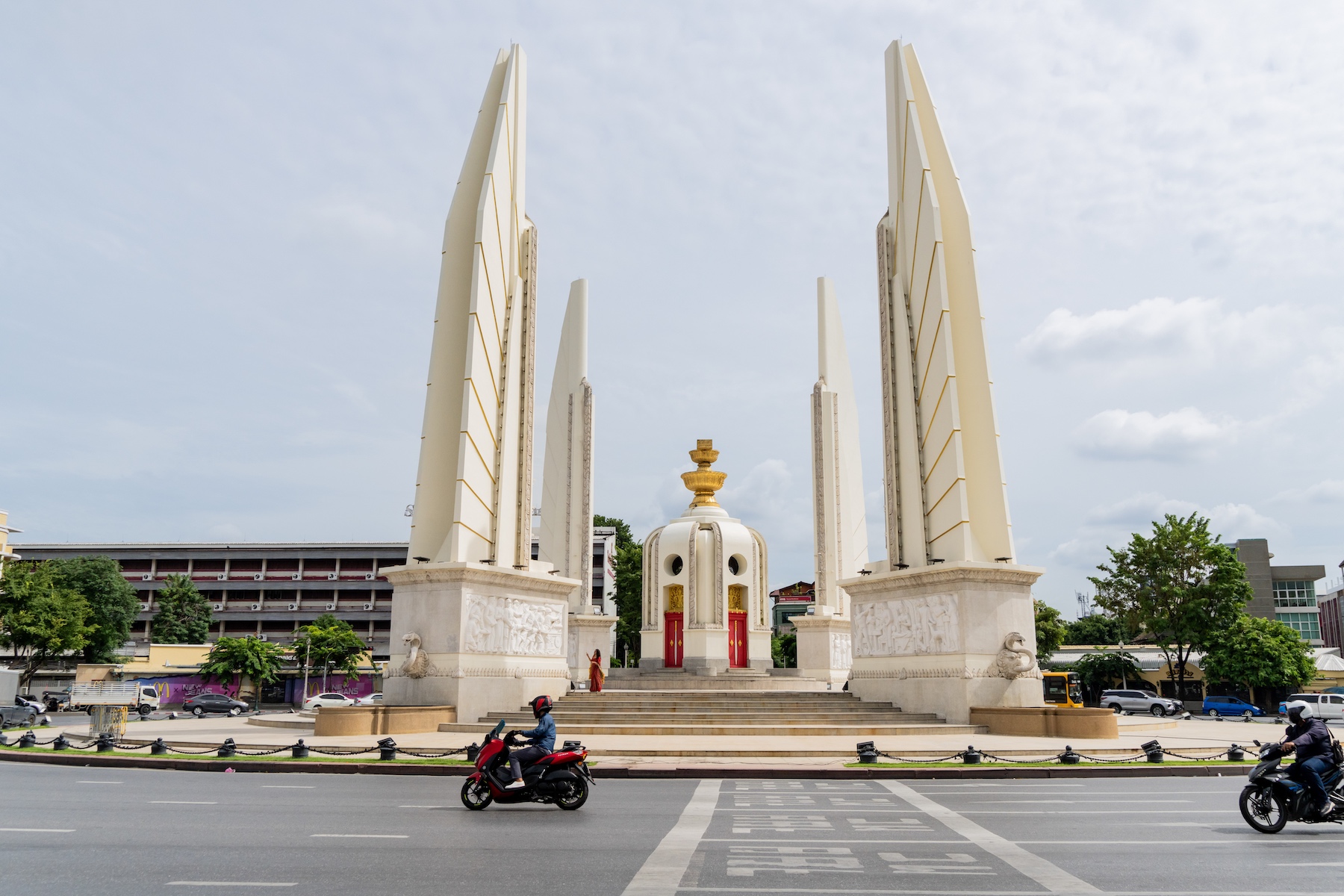
One of the most memorable moments in Thai political history was the series of student pro-democracy protests in 1973 and 1976. Tragically, these protests, which sought to challenge military rule and restore democracy, led to the loss of numerous student lives at the hands of security forces.
Thailand has experienced 21 coups throughout its history, with 13 succeeding and nine failing. Typically, these coups have been accompanied by changes to the constitution. Recent history saw Thailand under military rule from 2014 to 2019, with General Prayut Chan-o-cha, the leader of the 2014 coup, serving as Prime Minister from 2019 to 2023. During the period of military rule in 2017, Thailand adopted a new constitution, marking the 20th constitution since 1933.
A recurring pattern of coups and changes in governance marks Thailand’s history, reflecting political instability in the country. It’s noteworthy that modern coups in Thailand tend to be relatively peaceful events, lacking the violence seen in earlier periods.
The Thai judiciary system
Thailand’s judiciary system is separate from the other two branches of government and is quite complex.
There are four parts of the judiciary:
- Court of Justice – The largest court system in the country
- Administrative Court – Put in place to settle disputes between citizens and the state
- Military Court – Typically for military matters but may deal with civilian matters after coups
- Constitutional Court – Where matters related to the Constitution are settled
Under the Court of Justice, there are a further three levels:
- Courts of First Instance – Also known as trial courts
- Court of Appeals – Where decisions from the Courts of First Instance can be appealed
- Supreme (Dika) Court – The highest Court of Justice
Thailand’s Supreme Court typically handles matters related to the government. However, since the 2006 and 2014 coups, the Constitutional Court has gained a lot of power. This includes playing a part in the appointment of the Prime Minister in the 2023 elections.
Have there been recent political reforms in Thailand?
The most recent major political reform in Thailand was the establishment of the 2017 constitution. The referendum, voting for its implementation, was flawed since many voters didn’t quite understand the implications of it.
The Thai military wrote the 2017 constitution through their National Council for Peace and Order, which strongly favored the military status quo. Thailand’s new constitution grants a lot of power to the military when deciding on a new government. For instance, the process of selecting a Prime Minister involves a total of 750 votes, with 250 of those votes held by senators appointed by the military. Thus, the Thai military maintains growing power in appointing future rulers of the country.
Political tensions in Thailand
Thailand has experienced significant political turmoil in recent years.
From 2020 to 2021, there were major protests, primarily in Bangkok but also across the country. These protests were led by young activists who were challenging the existing system and calling for changes to Article 112.
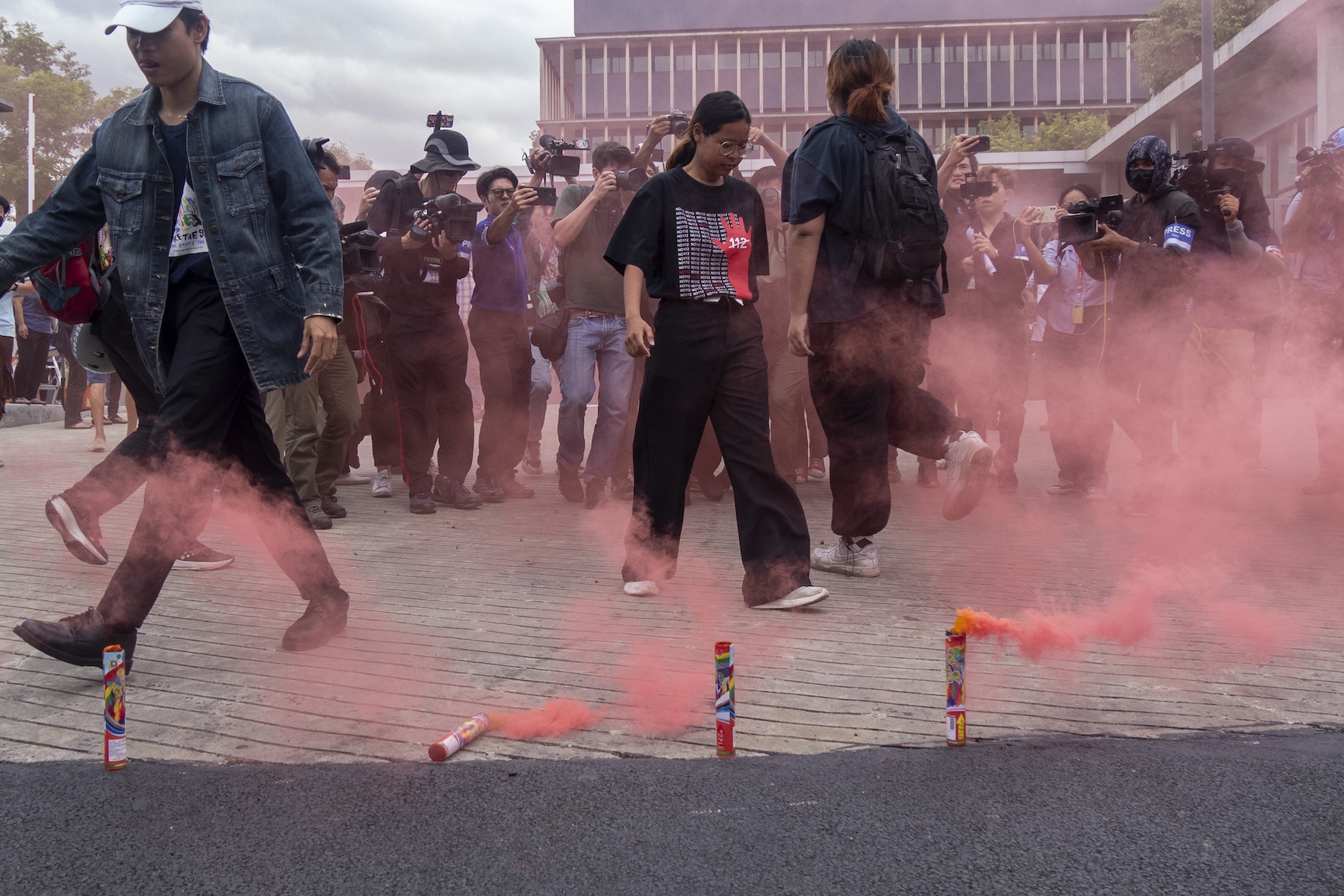
More recently, the 2023 election has sparked controversy. In this election, a new party called Move Forward won the most votes but fell short of a majority. Initially, it seemed that Move Forward and Pheu Thai would form a coalition government. However, they disagreed on a sensitive issue: whether to amend Article 112. When this coalition fell apart, Move Forward couldn’t form a coalition because they refused to work with either of the military-backed parties.
Despite pledging not to form a coalition with the military-backed parties during the election campaign, Pheu Thai went back on their promise and formed a coalition with both Ruam Thai Sang Chart and Palang Pracharat. This coalition has been controversial and has disappointed many voters, including those who supported Pheu Thai.
As a result of this coalition, Move Forward, the party with the most votes, became the opposition party. Right after appointing the new Prime Minister, the leader of Move Forward, Pita Limjaroenrat, resigned so that his party could officially serve as the opposition.
The state of the Thai economy
As of 2023, the Thai economy continues to bounce back after the effects of the COVID-19 pandemic. With tourism as an essential economic driver, the pandemic caused a strong economic downturn. As well as tourism, other significant parts of the Thai economy include agriculture and manufacturing.
Thailand’s gross domestic product (GDP) has been growing over the last two years and was 2.7% at the start of 2023. However, this is still lower than many of Thailand’s Association of Southeast Asian Nations (ASEAN) neighbors, including Vietnam and Malaysia.
Since the end of the pandemic, people working in the tourism sector have been returning to work, so unemployment is now at 1.1%. However, the return of tourism is not yet at 2019 levels. In 2019, almost 40 million tourists visited Thailand, while the expected figure for 2023 is 25 million.
The recent political uncertainty around the election, potential flooding, and droughts may impact the current economy. Central Thailand can see severe floods, which impact a lot of the manufacturing sector that is based outside of Bangkok, while droughts can cause a lot of harm in the agricultural region of the northeast.
Grassroots politics and political activism in Thailand
Thailand has a rich tradition of grassroots politics and political engagement, particularly among students and young people. This was prominently on display during the 2020–2021 protests when students rallied against the military-backed ruling party and called for reforms to Article 112.
Environmental activism is another important arena for Thai activists, though it can be risky. These activists campaign against issues commonly seen in many developing nations, where rapid development sometimes takes precedence over a safe and habitable environment for the people.
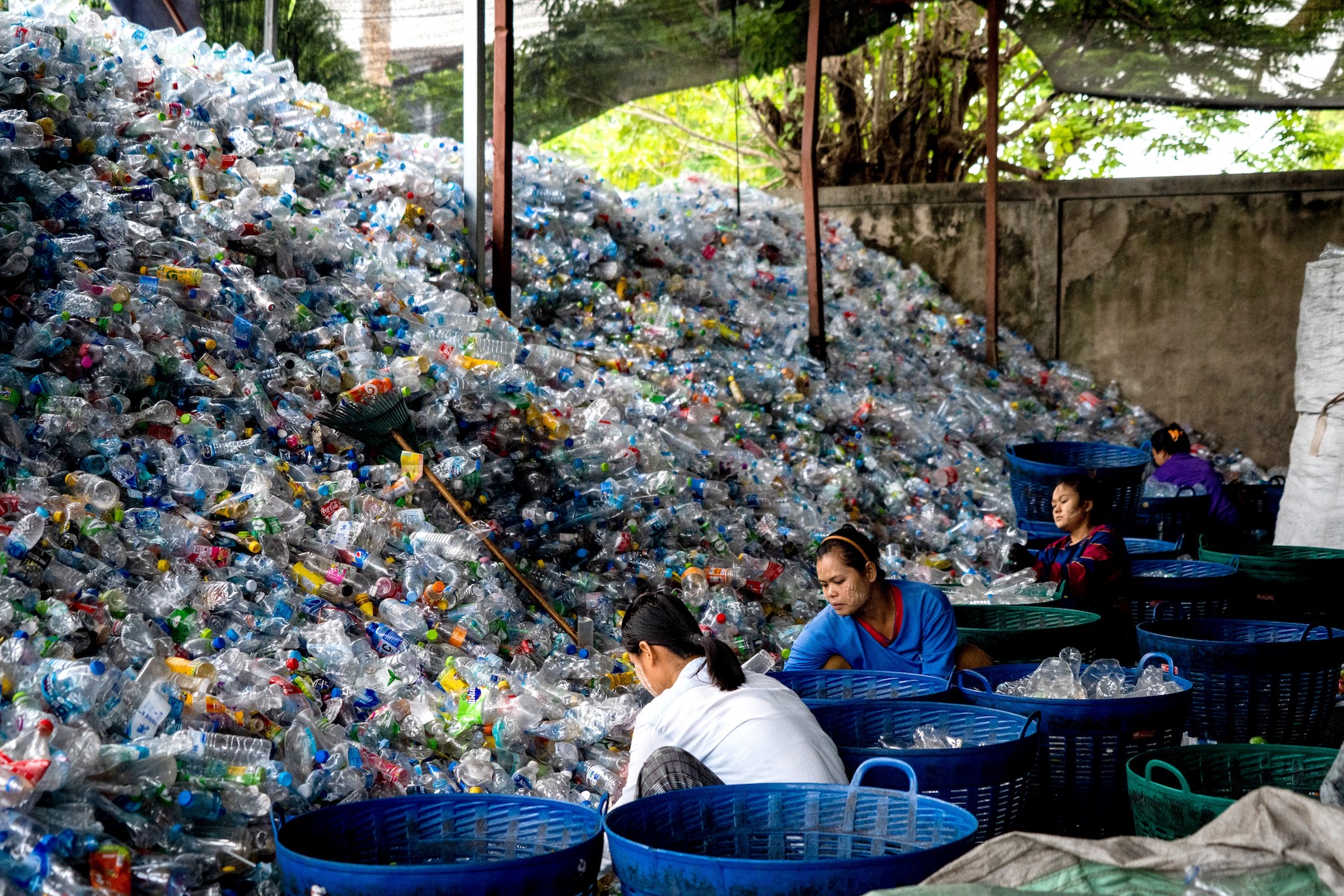
One issue that may directly impact expats in Thailand is air pollution. During specific times of the year, many parts of the country grapple with high levels of air pollution stemming from agricultural burning, unauthorized deforestation, forest fires, and weather patterns that trap smog near the surface. This issue affects various regions, including Bangkok, the north, and the northeast, primarily from February to May.
In one notable instance, a coalition of environmental organizations took legal action against the government, alleging inaction in addressing Thailand’s pollution crisis. If you wish to delve deeper into the fight for cleaner air, you can explore the Green News website.
Useful resources
- The Bureau of Registration Administration (BORA) – check whether you are registered to vote in Thailand
- Constitution of the Kingdom of Thailand – Thailand’s 2017 constitution in English
- Freedom House 2023 report – analysis of Thailand’s political rights and civil liberties
